Federico Fellini once said his cinema should not be classified as purely art house one. According to the director, such a genre was non-existent, unlike the cinema jointly created by Fellini and Mastroianni. Indeed, in “The Sweet Life” and “Federico Fellini’s 8½” the actor played characters which were the director’s alter ego, in “Ginger & Fred” he created together with Fellini his artistic legacy, while in “Fellini’s Intervista” they both recall the golden age of the Italian cinema. Fellini receiving the Academy’s Honorary Award from Sophia Loren and Marcello Mastroianni himself was a deeply touching scene.
The first time when he seriously thought of becoming an actor was in 1944, after a walk-on in Vittorio De Sica’s “The Children are Watching Us”. Fellini and De Sica made together 14 more films, including the fabulous, Oscar-winning comedy “Marriage Italian Style”. Mastroianni himself has been nominated for the Academy Award three times for his roles in Pietro Germi’s “Divorce Italian Style”, Ettore Scola’s “A Special Day” and Nikita Mikhalkov’s “Dark Eyes”. In his first film, Mastroianni showed off his keen sense of humor, in the second, he played a meditative intellectual, condemned for social ostracism, while his performance in the production based on Chekhov’s prose was a true nostalgic tear-jerker characteristic for the writer’s works. If this diversified emploi is complemented by the role of a listless novelist, struggling with a marriage crisis that he played in Michelangelo Antonioni’s masterpiece “The Night”, the conclusion is simple: Mastroianni was a complete actor who was able to perfectly impersonate each and every character.
One of the crucial meetings in his career was the one with Luchino Visconti. The author of “The Leopard” gave Mastroianni his first leading role. In the “White Nights” from 1957, based on Dostoyevsky’s prose, the actor played a boy in love and immediately enchanted the public with his boyish charm. He also became a member of Luchino Visconti’s theatre team which enabled him a versatile acting development. And although he thought his career laid in the cinema, he always felt passion for the theatre. Shortly before his death, he came back on stage. He performed in the extremely successful “The Last Moons” by Furio Bordon.
He was one of the most prominent and well-known actors in the history of cinema. If any of the movies where he starred were criticized, Mastroianni usually was not the object of critics’ mockeries. The extensive collection of awards that he accumulated only lacked the Oscar. When it turned out that he was suffering from a serious disease, Sophia Loren, his screen companion (they starred together in as many as 14 films, forming one of the most appreciated and popular film duos) initiated efforts to have Mastroianni given the Academy’s Honorary Award. Unfortunately, time got the better of her. A film reviewer Constanzo Constantini did not talk nonsense when he wrote that it was “a loss for the Academy and not for the Italian actor”.
Bartosz Marzec
Selected filmography
1996 According to Pereira|…twierdzi Pereira|Sostiene Pereira
1995 Beyond the Clouds|Po tamtej stronie chmur|Al di là delle nuvole
1994 Ready to Wear|Pret-a-porter|Prêt-à-porter
1993 1, 2, 3, Sun|Un, deux, trois, soleil
1991 The Suspended Step of the Stork|Zawieszony krok bociana|Il passo sospeso della cicogna
1990 Everybody’s Fine|Wszyscy mają się dobrze|Stanno tutti bene
1989 What Time Is It?|Która godzina?|Che ora é
1987 Fellini’s Intervista|Wywiad|Intervista
1987 Dark Eyes|Oczy czarne|Oci ciornie
1986 The Beekeeper|Pszczelarz|Il volo
1985 Ginger & Fred|Ginger i Fred|Ginger e Fred
1981 The Skin|Skóra|La pelle
1980 The Terrace|Taras|La terrazza
1980 The City of Women|Miasto kobiet|La città delle donne
1978 Blood Feud|Krwawa zemsta|Fatto di sangue fra due uomini per causa di una vedova, si sospettano moventi politici
1977 A Special Day|Szczególny dzień|Una giornata particolare
1973 The Big Feast|Wielkie żarcie|La grande abbuffata
1972 What?|Co?|Che?
1971 It Only Happens to Others|To zdarza się tylko innym|Ça n’arrive qu’aux autres
1970 A Drama of Jealousy (and Other Things)|Dramat zazdrości|Dramma della gelosia – tutti i particolari in cronaca
1969 Sunflower|Słoneczniki|I girasoli
1968 A Place for Lovers|Kochankowie|Amanti
1967 The Stranger|Obcy|Lo straniero
1964 Marriage Italian Style|Małżeństwo po włosku|Matrimonio all’italiana
1963 Yesterday, Today and Tomorrow|Wczoraj, dziś, jutro|Ieri, oggi, domani
1963 Federico Fellini’s 8½|Osiem i pół|Otto e mezzo
1962 Family Portrait|Kronika rodzinna|Cronaca familiare
1962 Divorce Italian Style|Rozwód po włosku|Divorzio all’italiana
1962 A Very Private Affair|Życie prywatne|Vie privée
1961 The Night|Noc|La notte
1960 The Sweet Life|Słodkie życie|La dolce vita
1957 White Nights|Białe noce|Le notti bianche
Divorce Italian Style
reż|dir Pietro Germi | IT | 1961 | 104 min more...
Marriage Italian Style
reż|dir Vittorio De Sica | FR, IT | 1964 | 102 min more...
Night, The
reż|dir Michelangelo Antonioni | FR, IT | 1961 | 122 min more...
Special Day, A | TRIBUTE TO ETTORE SCOLA
reż|dir Ettore Scola | CA, IT | 1977 | 110 min more...

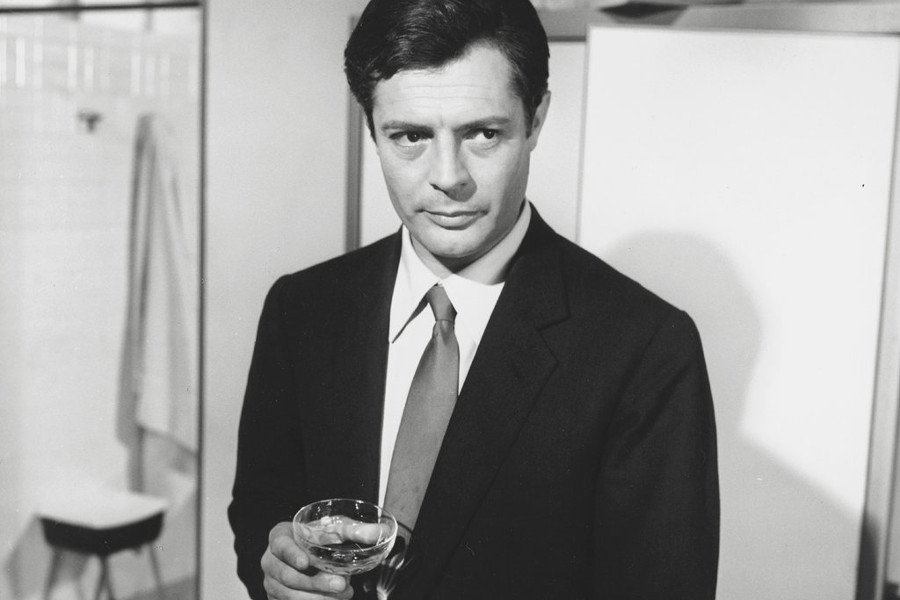
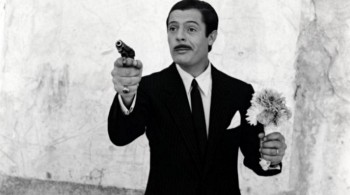
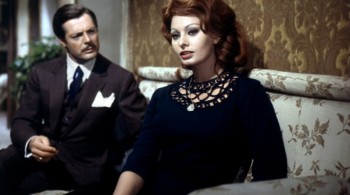
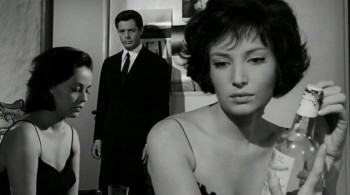
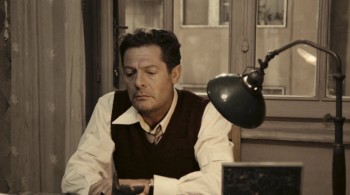






FOLLOW US